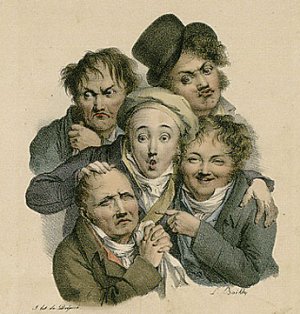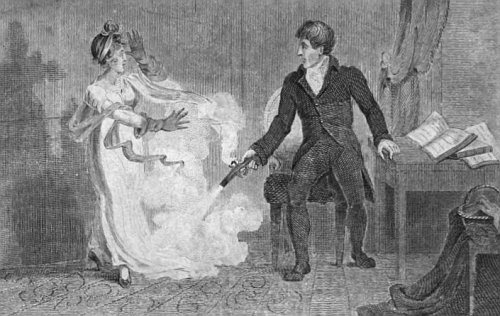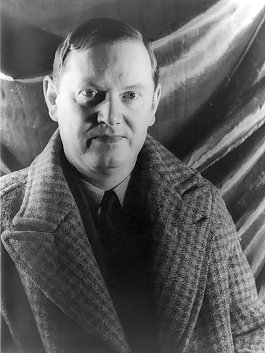In February 1864, Missouri slave Spotswood Rice enlisted as a private in the Union Army. In September, as the war neared its close, he prepared to return to Howard County with a force of 1600 soldiers. He sent this letter to slaveowner Kittey Diggs, who still held his two children:
I received a leteter from Cariline telling me that you say I tried to steal to plunder my child away from you now I want you to understand that mary is my Child and she is a God given rite of my own and you may hold on to hear as long as you can but I want you to remembor this one thing that the longor you keep my Child from me the longor you will have to burn in hell and the qwicer youll get their for we are now makeing up a bout one thoughsand blacke troops to Come up tharough and wont to come through Glasgow and when we come wo be to Copperhood rabbels and to the Slaveholding rebbels for we dont expect to leave them there root neor branch but we thinke how ever that we that have Children in the hands of you devels we will trie your vertues the day that we enter Glasgow I want you to understand kittey diggs that where ever you and I meets we are enmays to each orthere I offered once to pay you forty dollers for my own Child but I am glad now that you did not accept it Just hold on now as long as you can and the worse it will be for you you never in you life befor I came down hear did you give Children any thing not eny thing whatever not even a dollers worth of expencs now you call my children your property not so with me my Children is my own and I expect to get them and when I get ready to come after mary I will have bout a powrer and autherity to bring hear away and to exacute vengencens on them that holds my Child you will then know how to talke to me I will assure that and you will know how to talk rite too I want you now to just hold on to hear if you want to iff your conchosence tells thats the road go that road and what it will brig you to kittey diggs I have no fears about geting mary out of your hands this whole Government gives chear to me and you cannot help your self
He was reunited with his family several months later. It’s unknown whether this required a showdown with Diggs, but he was certainly ready for one. “I’ll let her know that god never intended for man to steal his own flesh and blood,” he had written to his children. “And as for her cristianantty I expect the Devil has Such in hell.” Mary, the daughter mentioned in the letter, was interviewed as part of the Federal Writers’ Project in 1937.
(Thanks, Stitch.)







